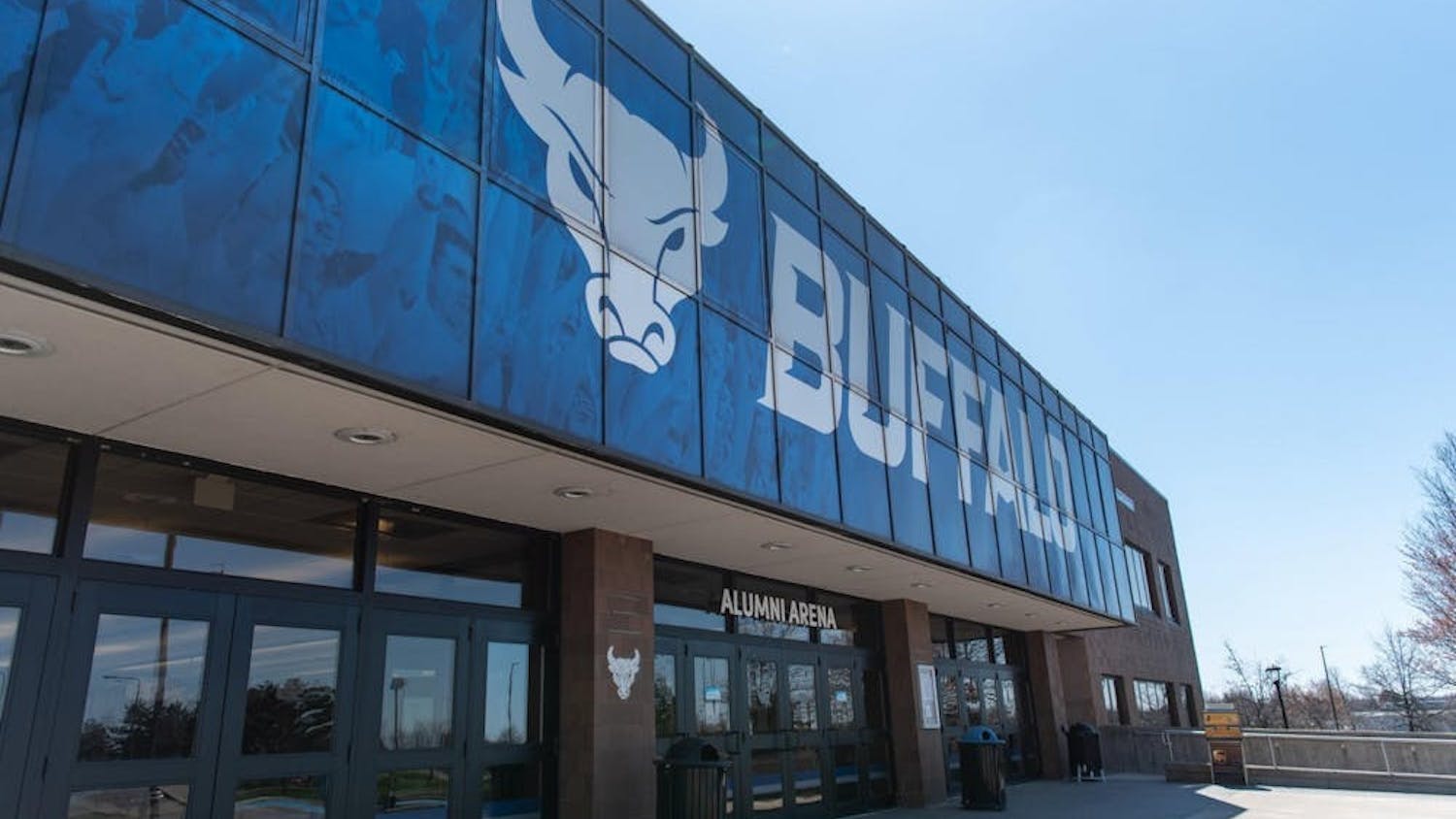I am a social justice activist.
This identity expands beyond attending protests and rallies.
Being a social justice activist infects every aspect of my life – from my daily interactions with friends, to my writing, to volunteering for Planned Parenthood, to the frequent phone calls I make to local Syracuse and Buffalo representatives.
I strive to make my activist work as intersectional as possible.
“Intersectionality” is a term coined by civil rights advocate Kimberlé Crenshaw in response to the erasure of certain minority groups in social justice spaces, particularly the lack of concern for issues faced by African-Americans.
The term describes the ways in which oppressive systems such as racism and sexism are inherently interconnected and therefore cannot be examined separately from one another.
Unfortunately, I do not always see this concept applied in many – if not most – social justice spaces.
All too often, white voices dominate conversations and actively shut out and ignore black people’s ideas and concerns. Even in spaces that purport to fight for equality, white supremacy is still at play.
I see white people downplaying black people’s experiences of oppression. I see white people ignoring blatant racism. I see white people having conversations about what is best for black people without a single black person at the table.
I attended the Buffalo Women’s March in January and was impressed at the large turnout – an estimated 2,000-3,000 people attended the event.
More recently, I attended a Black Lives Matter demonstration in downtown Buffalo on Feb. 10. There were maybe twenty attendees at the very most.
This needs to change.
As a white person, I recognize that I have a great deal of privilege and power that is not afforded to people of color. Therefore, I have a responsibility to use that privilege to serve as an ally to people of color – with “ally” being the key word. The important and difficult thing for many white people to realize is that being an ally is not about you.
Being an ally is about lifting up the voices of the marginalized and oppressed. It is about listening when a black person tells you about their experiences with oppression and believing them. It is about asking how you can be helpful – or if your help is even wanted or needed at all – rather than telling black people how to respond to their own oppression.
If you attended one of the many Women’s Marches that took place in January but have ignored racial justice issues in the aftermath, then what did marching really accomplish? Who, exactly, were you marching for?
If you care about women’s issues but not black women’s issues, then your feminism is not about equality – it is simply a perpetuation of white supremacy.
If you are a white person who is serious about ending white supremacy and fighting for a more just and equal society, it is crucial that you learn how to be an effective ally.
The first step is taking a step back and listening to the black people in your life. Listen to their experiences. Listen to their concerns. Do not speak over them. When issues of racial injustices come up in conversations, let black people lead the discussion. Being an ally is primarily about being an active listener.
Do some research. Understand the institutionalized systems of oppression that maintain racism and white supremacy in our society. Do not expect black people to do this work for you. It is your responsibility to understand how oppression works if you want to play a part in dismantling it. Challenge your white friends and family when they engage in racism. Recognize your own racism and be willing to listen and learn if you are called out for it.
Lastly, show up.
Attend Black Lives Matter demonstrations. Research the platforms of your local politicians. Do they support law enforcement training programs that will address issues such as the use of force, de-escalation, community policing, alternatives to incarceration and crisis intervention?
Do they support legislation to end racial profiling by law enforcement officials? Are they making efforts to get crimes that disproportionately target black people and other marginalized communities off the books? If not, it is time to pick up the phone and voice your concerns and work to elect candidates that are actively fighting racism in their communities.
After the election of Donald Trump, many are participating in activist work for the first time in their lives. This is something to be celebrated and encouraged. However, if you’re a white person entering social justice spaces, it’s absolutely crucial that you learn how to take a step back and listen.
Maddy Fowler is the assistant news editor and can be reached at maddy.fowler@ubspectrum.com





